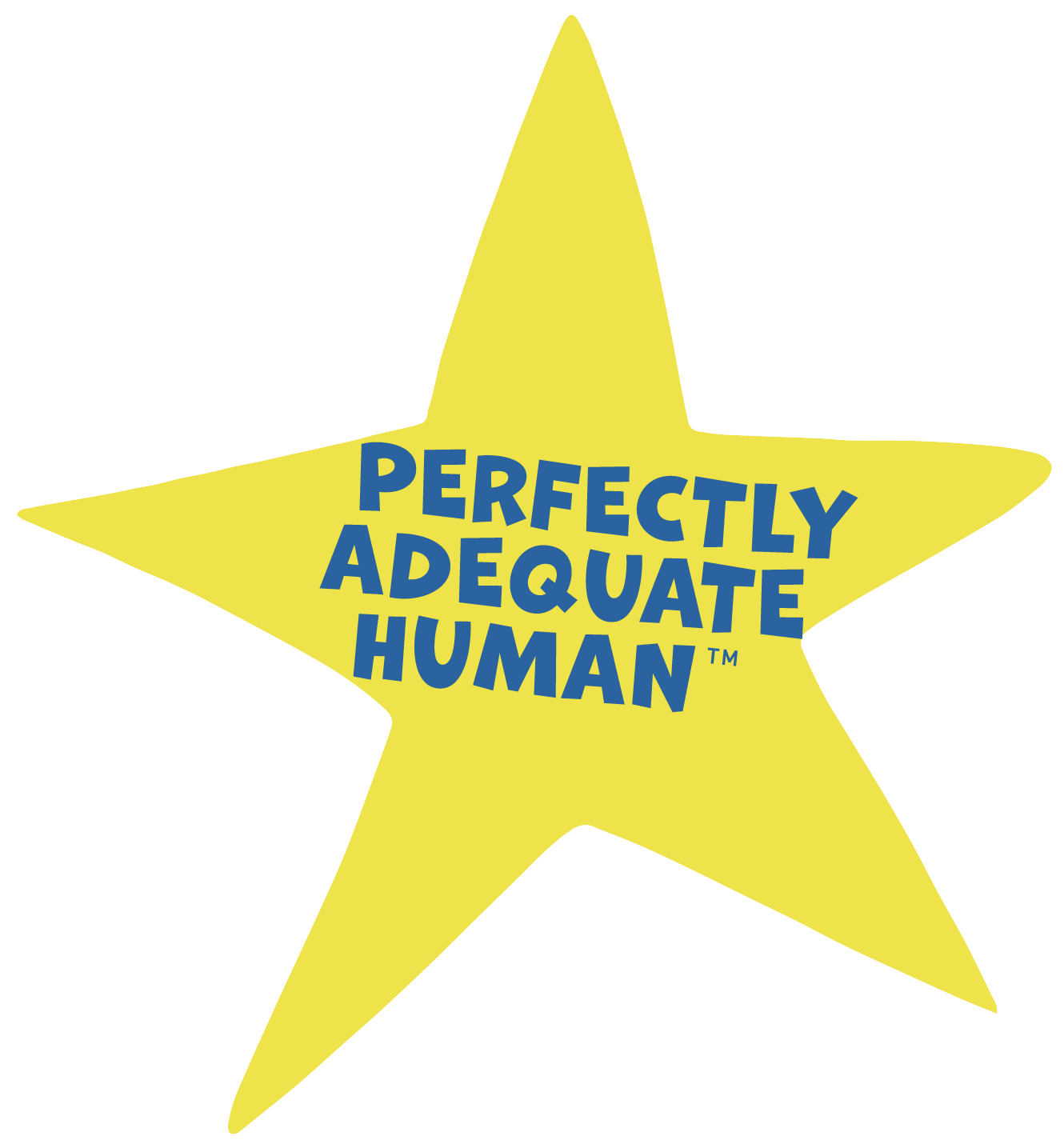We all need to be better, many of us want to be better, but we don’t know how to start. I wanted to make sure we have a place to begin. That’s why I created Your Privilege Is Showing.
The fundamental philosophy of Your Privilege Is Showing® is that systems of oppression (sexism, racism, privilege, ableism, classism, among others) are both personal and universal. We have all, no matter who we are, internalized and participated in these systems, and are hurt by them in some way. And still, we don’t talk about them. These sessions provide the Brave Space container necessary for direct, and personal conversations to happen and social emotional learning to take place.
By creating a structured approach of empathetic discourse to talk about racism, sexism, and privilege, the game draws upon the value of real-life experiences in order to enhance social justice literacy. Your Privilege Is Showing provides players with a social structure and framework they don't normally have, so they can talk about issues they don't normally talk about while being challenged to understand what they may be missing. The participants get the chance to practice and navigate discussing their personal experience with privilege, racism, white supremacy, white privilege, sexism, homophobia, classism, ableism and misogyny.
The conversation is the point.
Impact
Your Privilege Is Showing has been to Harvard Graduate School of Ed, Geffen Academy at UCLA, Berklee College of Music, MIT Media Lab, SXSWedu (2017 and 2018), Brooklyn Public Library, a well known search engine company in Mountain View, CA, and The Humanist Hub at Harvard, and seen significant change happen for the majority of participants.
Participants leave with a increased sense of community, awareness and new skills to better recognize and name different kinds of oppression. Many of them express relief after the program because, finally, they got to have the conversations they have been wanting to have but didn't know how to begin.
PARTICIPANT OUTCOMES
Improve communication skills to better navigate complex, charged topics
Build understanding, empathy, trust, and cultural competence
Learn how to recognize and name social injustice
Work through the discomfort of talking about their own culpability with white supremacy, patriarchy and other forms of bias based on privilege
Become aware of the ways social justice and injustice impacts all of our daily lives
Understand that systemic oppression is societal in scale while also being deeply personal in impact
organization outcomes
Shift and improve organizational culture
Team building
Decrease attrition
Develop buy-in company wide to start DEI work internally
Shift how staff perceive the people they wish to serve
More Testimonials
“Your Privilege is Showing is a unique opportunity to examine your understanding of privilege in a bounded, safe space that promotes interactive learning. When I played the game, I found myself much more aware of the limitations of my thinking, as well as of some of the ways that I might be unintentionally creating and/or perpetuating tensions and imbalances in my daily life. It is refreshing and challenging to have the conversations that Your Privilege is Showing requires you to have. And when the game is over, the real work is just beginning. Thanks to Lillian Medville for developing and facilitating this process and for making me think.” — Rhoda Bernard, Ed.D. Managing Director Berklee Institute for Arts Education and Special Needs
“I learned that people can have conversations about controversial issues about which people may disagree and not get angry or heated.” -participant
“I learned a new perspective on how to process my privilege.” - participant
I hold my participation in this pilot program as one of the most formative experiences I have had at Berklee. It’s not a training or an information session, it is an immersive and challenging exercise in examining how privilege, racism, and sexism manifest around us and in us. ” - participant
The Berklee COllege Pilot
In the fall of 2016, the Department of Diversity and Inclusion at Berklee College of Music brought Your Privilege Is Showing to campus as a pilot program. Over the course of eight weeks a group of 6 Berklee students took part in four games. Before the first game, immediately after the last game, and six months after the end of the pilot, participants completed an assessment asking about their ‘privilege fluency’: their awareness of racism, sexism and privilege; their comfort with these issues; their willingness to discuss these issues, and their willingness to start a conversation with a person they may or may not agree with these issues. The Y.P.I.S. Privilege Fluency Scale consists of 18 items on a scale of 1-10.
Controlled discomfort is important for growth
These findings suggest that Your Privilege Is Showing creates an environment for participants to learn about systems of oppression, become more comfortable with topics like racism and sexism, and provides them with a safe space to practice discussing these difficult topics. The structure of the game and assistance of the facilitator fosters the controlled discomfort necessary to achieve growth and feel confidence in one’s ability to engage in difficult conversations. However, as the six-month data implies, without continual practice and access to places to have these conversations, the participants’ willingness to engage with people who disagree with them returned to baseline levels. This tells us that practice is necessary for sustained impact, and Your Privilege Is Showing is one way to keep practicing.





